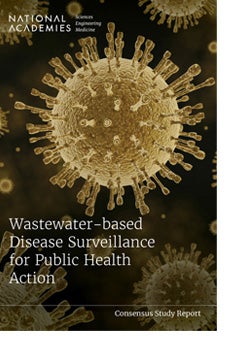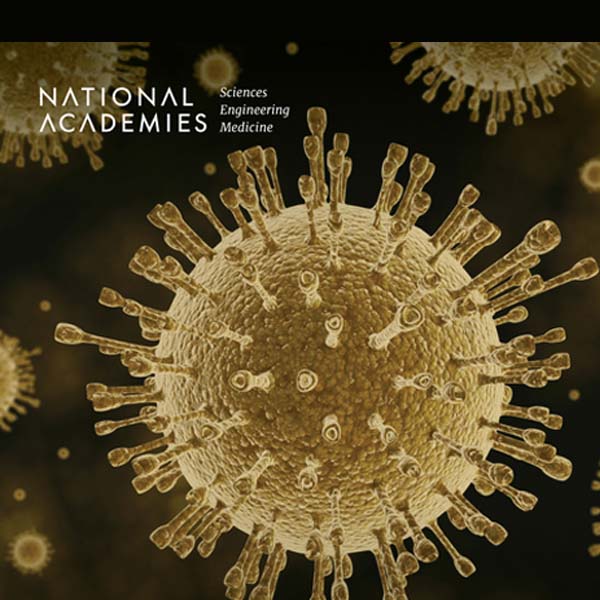
The COVID-19 pandemic spurred a rapid expansion of wastewater-based infectious disease surveillance systems to monitor and anticipate disease trends in communities. The Centers for Disease Control and Prevention (CDC) launched the National Wastewater Surveillance System in September 2020 to help coordinate and build upon those efforts. Produced at the request of CDC, this report reviews the usefulness of community-level wastewater surveillance during the pandemic and assesses its potential value for control and prevention of infectious diseases beyond COVID-19.
Wastewater-based Disease Surveillance for Public Health Action concludes that wastewater surveillance is and will continue to be a valuable component of infectious disease management. This report presents a vision for a national wastewater surveillance system that would track multiple pathogens simultaneously and pivot quickly to detect emerging pathogens, and it offers recommendations to ensure that the system is flexible, equitable, and economically sustainable for informing public health actions. The report also recommends approaches to address ethical and privacy concerns and develop a more representative wastewater surveillance system. Predictable and sustained federal funding as well as ongoing coordination and collaboration among many partners will be critical to the effectiveness of efforts moving forward.
Contributor(s): National Academies of Sciences, Engineering, and Medicine; Division on Earth and Life Studies; Health and Medicine Division; Water Science and Technology Board; Board on Population Health and Public Health Practice; Committee on Community Wastewater-based Infectious Disease Surveillance

